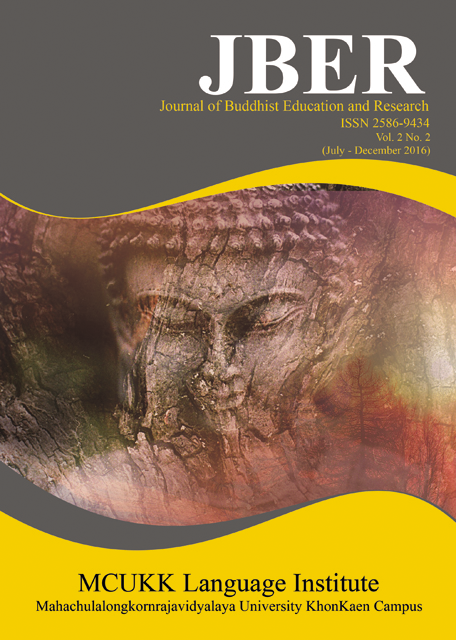Presupposition In Phenomenology: A Critical Examination In Theravada Buddhist Philosophy
Keywords:
Presupposition, Phenomenological study, Human natureAbstract
By and large, there are at least two methods: deductive and inductive, human beings basically utilize to gain varieties of knowledge. On the one hand, in deductive method, the knowledge is logically acquired through inference to general law or principle. In doing this, one should try to find out such law or principle while making claim of knowledge. On the other hand, in inductive method, the knowledge is primarily produced by reference to the experimentation or observation wherein its result contains possibility. In this matter, one should find out the possible grounds of observation or experimentation while making claim of any knowledge. According to phenomenological study, the real knowledge is methodologically acquired through what things themselves demand. If so, there is no room for presupposition because it claims that presupposition leads to falsify the real knowledge. In this regard, it seems so obvious that there will be no room for those types of reasoning: deductive and inductive methods, in phenomenology because both by its very nature of reasons possess some aspects of presupposition. In this article, an attempt was critically made to argue that while making claim of knowledge to some extent there is certain presupposition in the method; human beings by nature cannot purely acquire knowledge in the way phenomenology does. In support of this claim, the Buddhist philosophical standpoints concerning human nature will be taken up for a clear-cut examination.





